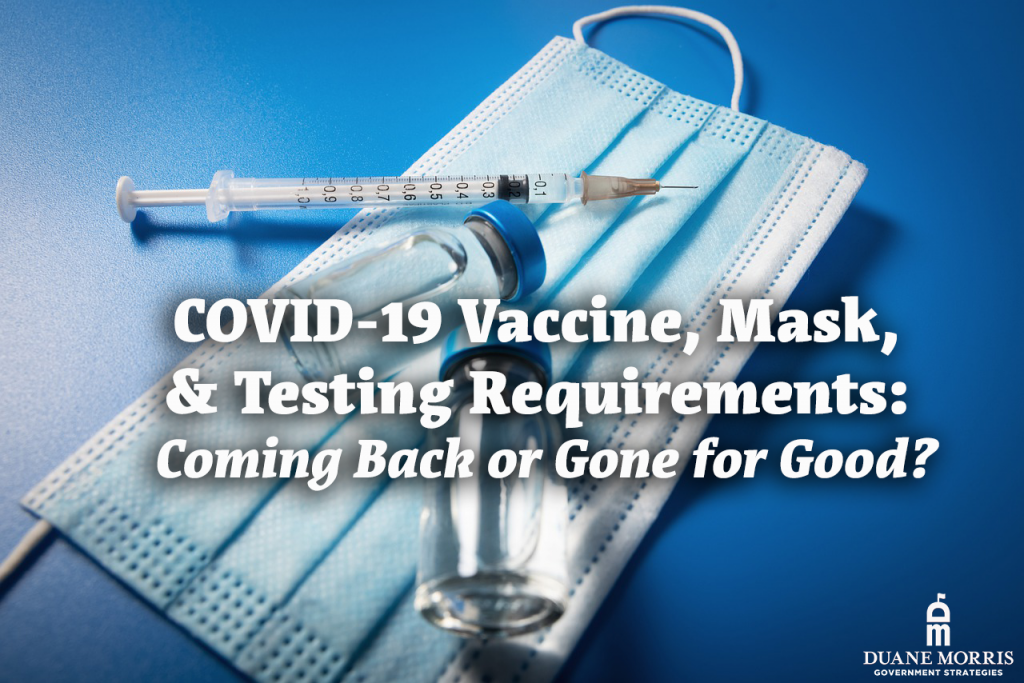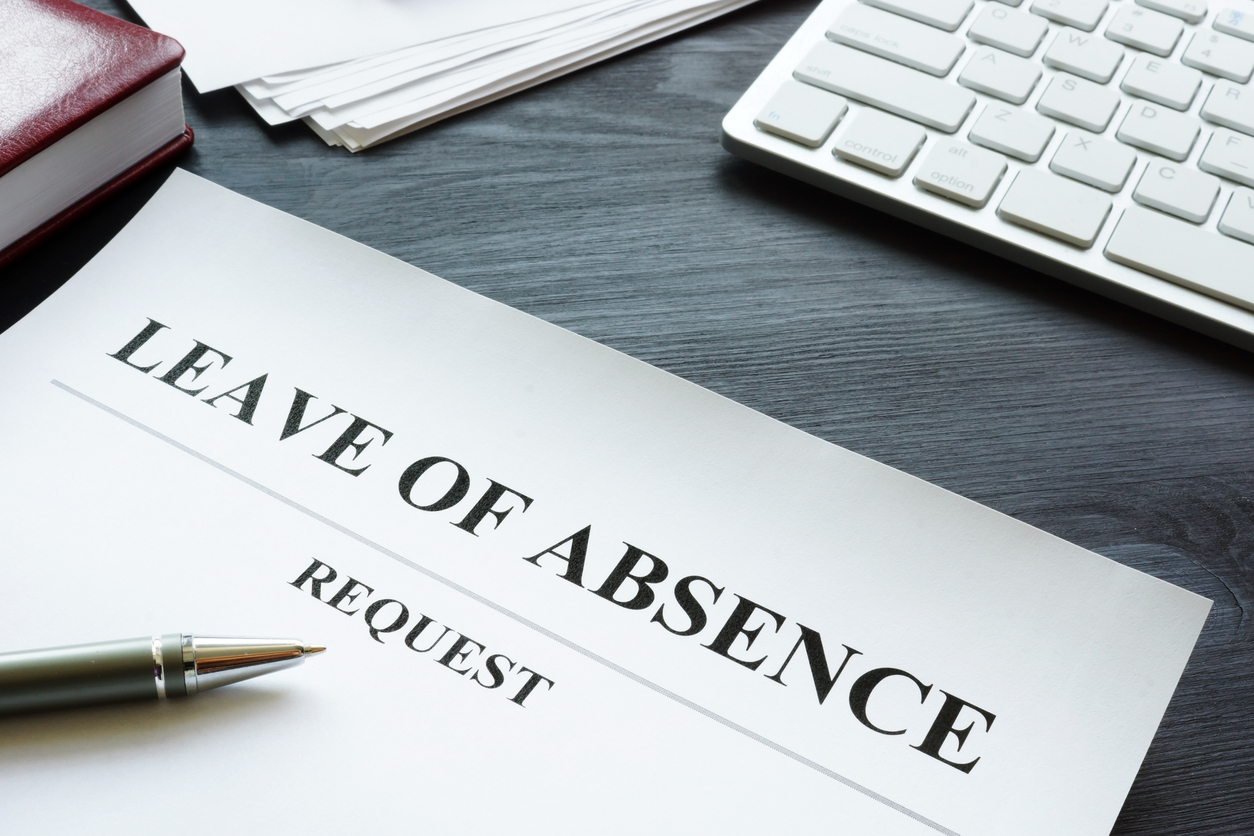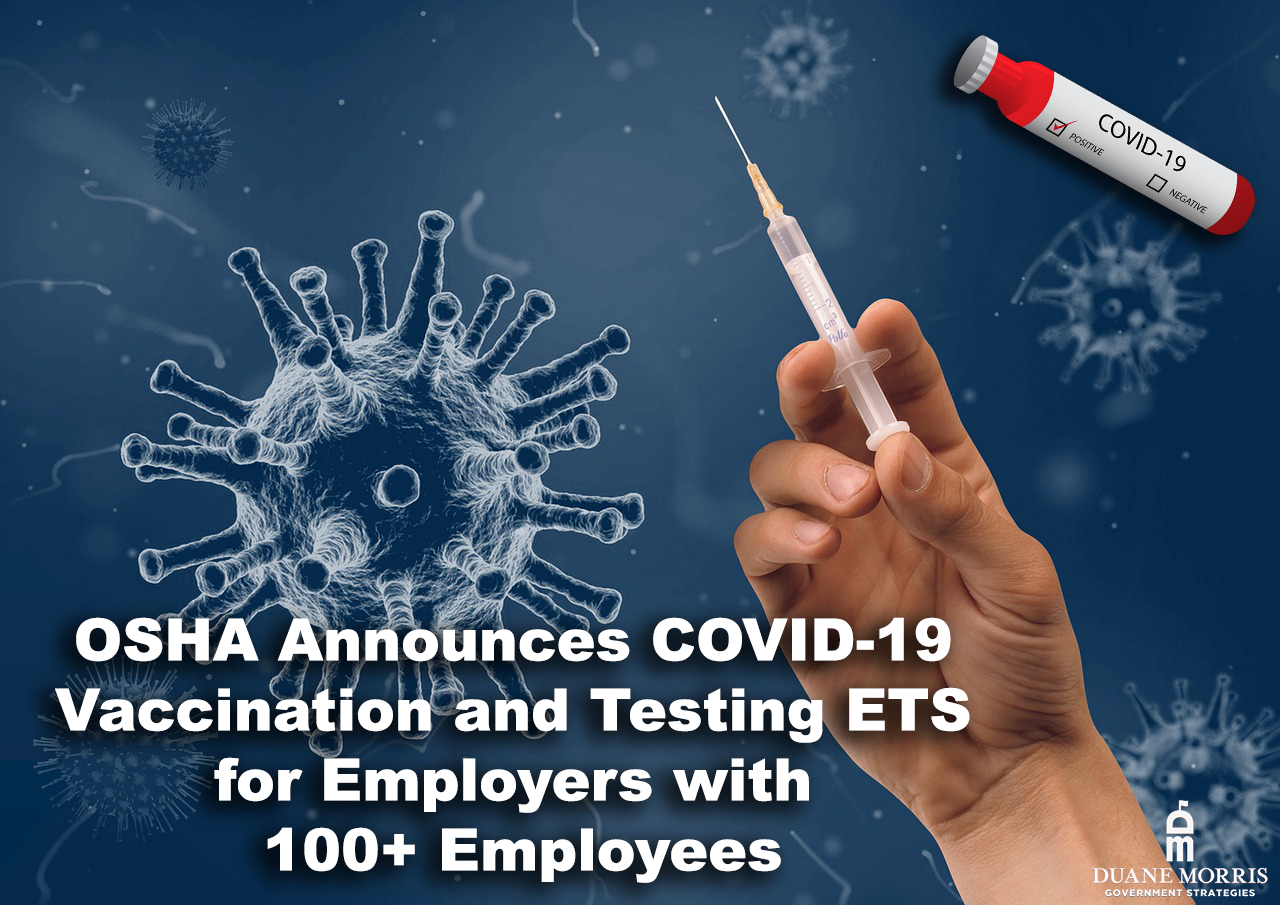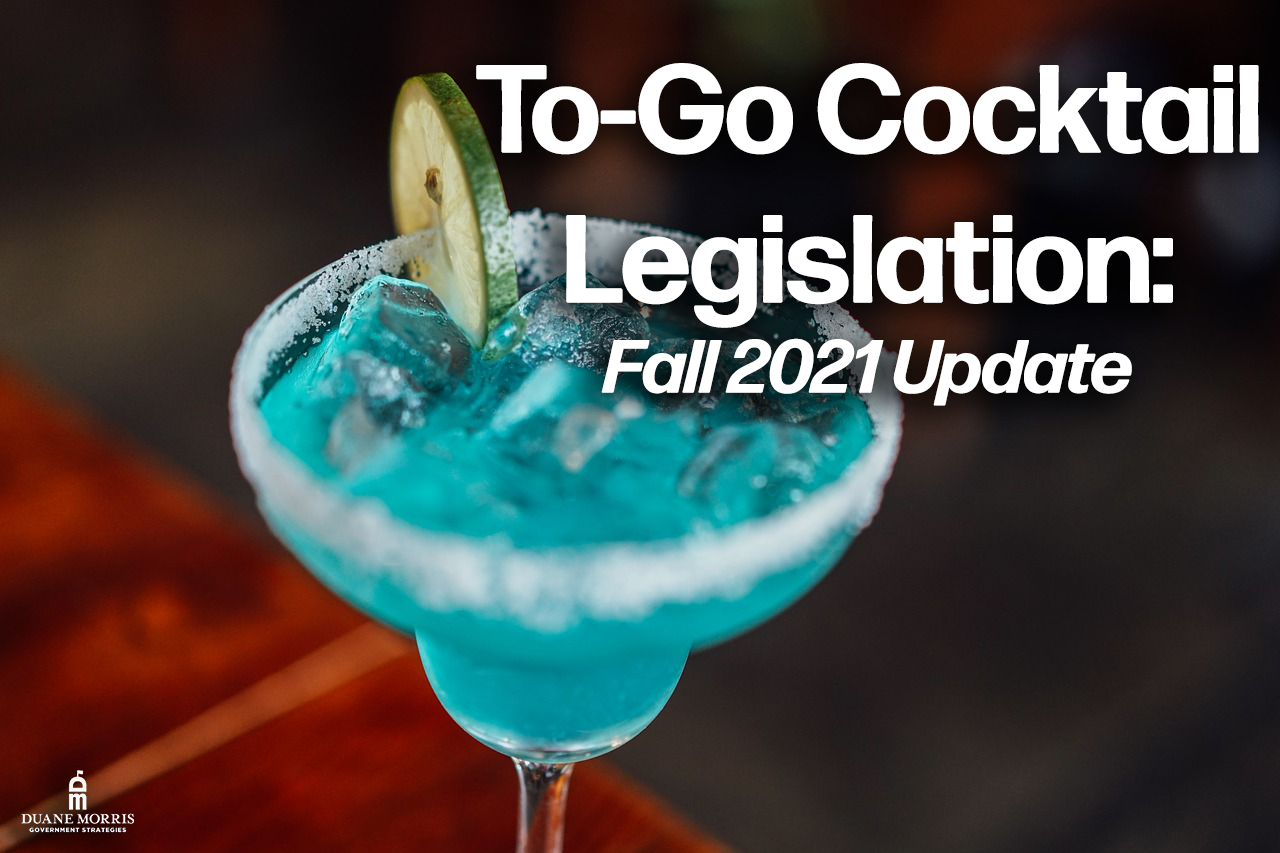From the outset of the COVID-19 pandemic, DMGS has provided updates from various states looking to implement new restrictions or lift them. If you missed these updates, you can find them below. Now over two years since the COVID-19 pandemic’s beginning, health requirements across the country have been relaxed as infection rates have waned and vaccination rates have increased. However, with the emergence of both the Delta and Omicron variants and winter looming, state and local officials across the country are again debating vaccination, mask, and testing requirements.
According to the CDC, 202.2 million people, 61% of the total U.S. population, are fully vaccinated with 485 million doses administered. Over 72% of the population has received at least one dose, and 54.4 million people, only 26.9% of the population, have received their booster dose.
The CDC also lists that 49 million COVID-19 cases have been reported in the United States as of December 8, 2021.
California Holiday Mask Guidance
Under new California guidance, all individuals, irrespective of vaccination status, must wear masks indoors at public places between December 15, 2021 and January 15, 2022. According to the state’s Health & Human Services Secretary, this new requirement will impact individuals in the half of California where counties are not already requiring mask-wearing indoors.
The state announced a new additional rule that will now permit individuals who are not vaccinated/do not show proof of vaccination to attend events with more than 1,000 people if they show proof of a negative COVID-19 test taken within the last 24 hours. Prior guidelines required a negative test result within 72 hours.
Colorado Governor Declares Emergency Over
The Colorado Department of Public Health & Environment continues to emphasize that “mask-wearing and vaccination are the two most important tools Coloradans can use to prevent the spread of COVID-19 and bring us closer to ending the pandemic.” Governor Jared Polis (D-CO) declared the statewide COVID-19 emergency “is over” in Colorado an interview last week. The governor indicated that since an effective vaccine was now widely available, statewide mask requirements were no longer necessary, emphasizing the need for individuals to take responsibility and receive vaccinations and boosters. Polis also released a statement emphasizing that while that a statewide mask requirement was no longer necessary, “local leaders can and should put disease reduction protocols in place based off their disease levels.”
Maryland Governor Doesn’t Anticipate More Restrictions
Governor Larry Hogan announced over the weekend that Maryland would not consider any future lockdowns to combat COVID-19. While Hogan said the state anticipates a COVID surge for hospitals in the coming month, he instead is calling on hospitals to reduce non-COVID related procedures and is encouraging booster shots and monoclonal antibody treatments.
New York Intends to Change Definition of Fully Vaccinated
Last week, Governor Kathy Hochul announced her intention to introduce legislation to change the definition of “fully vaccinated” to include also receiving a COVID-19 booster shot. Hochul indicated they won’t make any changes until they gather more data and more thoroughly think-out the legislation.
Pennsylvania Reverses on School Mask Requirement
Last week, the Pennsylvania Supreme Court affirmed a ruling from the Commonwealth Court holding that the Pennsylvania government had not followed the proper administrative procedure in requiring masking in K-12 schools. The Court ruled the requirement to have been invalid because it was created via rulemaking in a way that exceeded the statutory authority of Commonwealth’s Acting Secretary of Health. Some schools are removing masking requirements, while others are leaving them in place.
In Philadelphia, City Health Commissioner Cheryl Bettigole announced earlier this week that individuals must provide proof of COVID-19 vaccination to enter Philadelphia restaurants, bars, and sports venues. Businesses included in the vaccination requirement are indoor restaurant spaces, cafes within larger spaces, bars, sports venues such as Wells Fargo Center and Lincoln Financial Field, movie theaters, bowling alleys, theaters or concert halls that serve food or drink, conventions, catering halls, casinos, food courts, and seated restaurants and bars within the Philadelphia International Airport.
According to the Commissioner, schools, daycares, hospitals, grocery stores, and soup kitchens are exempt.
Beginning on January 3, employees and patrons of businesses must show proof of vaccination or a negative COVID-19 test taken within 24 hours. However, the negative test option will go away on January 17, when the City will require only proof of vaccination.
Vermont Governor Signs Bill Allowing Temporary Local Mask Requirements
Governor Phil Scott in November signed legislation allowing for Vermont’s municipalities to adopt their own local temporary indoor mask requirements.
Lawmakers were urging the governor to implement another statewide mask requirement for some time. However, Scott finally called a special session of the legislature to address the issue. The law, which expires on April 30, 2022, requires any municipality that implements a mask requirement to vote every 30 days on whether to keep the requirement in place.
One example of a municipality quickly instituting a masking requirement is Burlington, whose ordinance was proposed by the mayor to require masks in indoor public settings except in situations where all employees and customers in a business in the City can show proof of vaccination.
Other COVID-19 Restriction Articles
- Legislation Related to & Prohibiting Mandatory COVID Vaccines
- COVID Vaccine Mandates & Testing Requirements
- Mask Mandates in Schools: Where Does Your State Stand?
- Vaccine Passport Legislation & Executive Orders
- States Lifting Mask Mandates
- New COVID-19 Restrictions
Latest News
Photo credit: iStock.com/designer491 Various kinds of leave exist for workers, such as family leave, sick leave, parental leave, and vacation leave. In addition to these more traditional types of leave, after the Covid-19 pandemic, state [...]
Digital collage by Ryan Stevens; image sources by JillWellington and mmi9 from Pixabay Technological advancements in recent years have made virtual learning a possibility for K–12 schools. With virtual learning a possibility, some states and [...]
Digital collage by Ryan Stevens; image sources by Wilfried Pohnke & Shafin Al Asad Protic from Pixabay If your business has more than 100 employees, this news will certainly impact you. As DMGS noted last month, the [...]
Digital collage by Ryan Stevens; image source by Pexels from Pixabay It is no secret that the COVID-19 pandemic has harmed the operations of restaurants and bars across the country. During the pandemic, many states have looked [...]







Stay In Touch